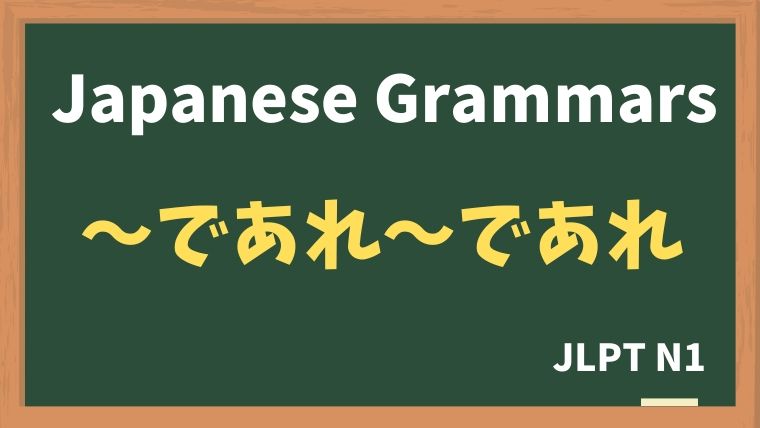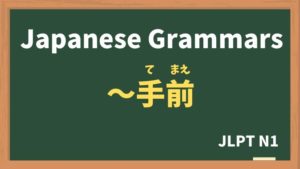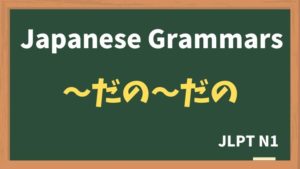
Explanation:〜であれ〜であれ
fa-check-circleMeaning
"〜でも〜でも、どちらの場合も・・・だ"
Used to indicate that regardless of different conditions or types, the following statement or conclusion remains valid. It emphasizes inclusivity and can be translated as "whether it be... or..." in English. This structure often conveys a sense of acceptance of various possibilities or situations.
fa-check-circleForm
N1 + であれ + N2 + であれ
fa-check-circlePoints
- Inclusivity: The phrase highlights that different options or situations are treated equally.
- Indifference to Differences: It conveys that the outcome or point made does not change regardless of which option is considered.
- Formal Tone: This expression is relatively formal and is often found in written language or speeches.
fa-check-circleJLPT Level
N1
Sample sentenes
大人であれ子供であれ、ルールを守らなければならない。
Whether you're an adult or a child, you must follow the rules.
中国人であれ韓国人であれ、日本に住むのであれば、日本の法律に従わなければならない。
Whether you're Chinese or Korean, if you live in Japan, you must obey Japanese laws.
対戦相手がブラジルであれスペインであれ、全力を出して戦うだけだ。
Whether our opponent is Brazil or Spain, we just have to give it our all and fight.
彼がお金持ちであれ貧乏であれ、好きだという気持ちは変わらない。
"Whether he's rich or poor, my feelings of love won't change.






